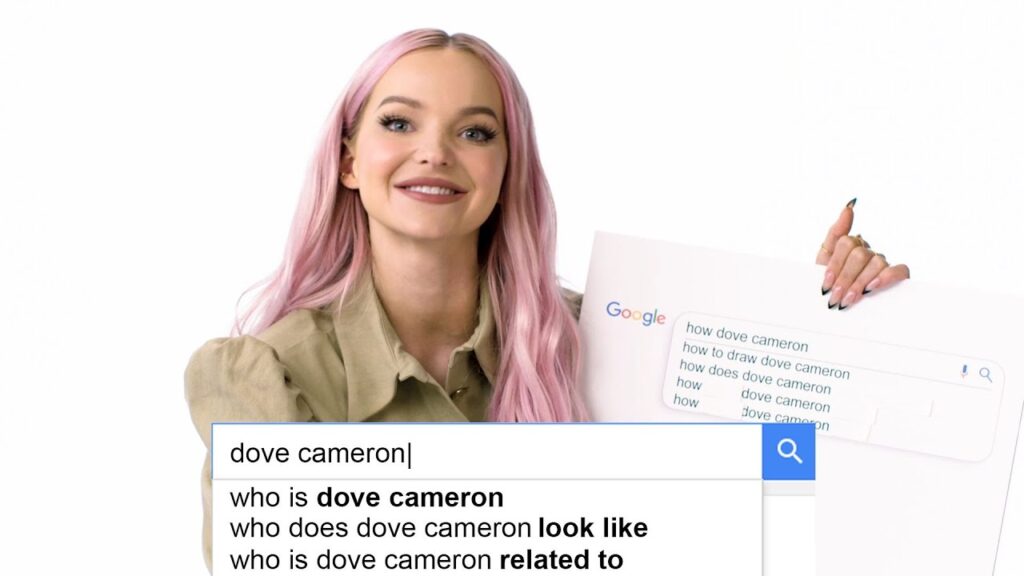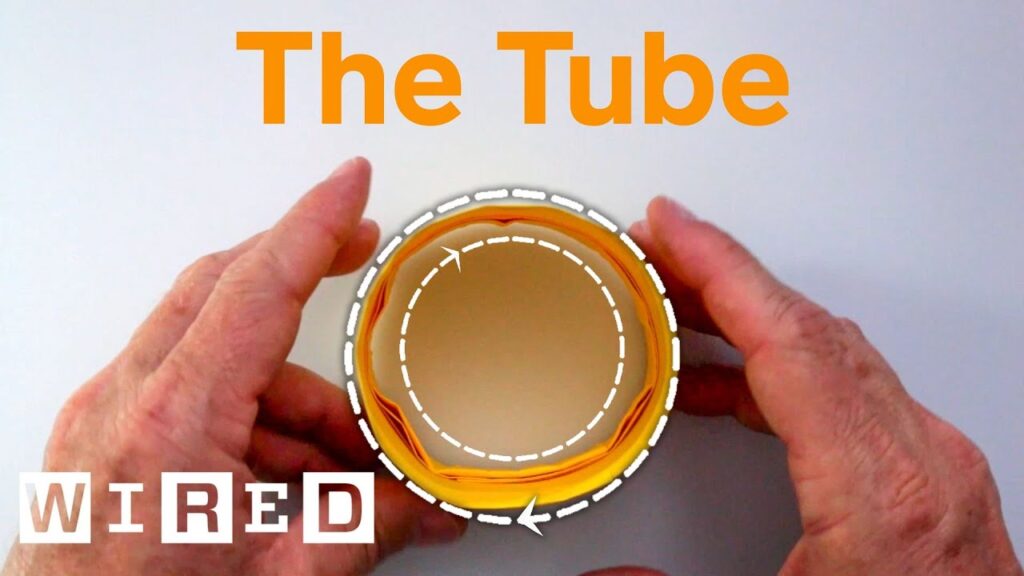Should You Care About Powdered Alcohol?
Summary:
In this blog post, we explore the recently approved but controversial substance, powdered alcohol. We try making it ourselves and testing its effects, as well as examining concerns about spiking and snorting, which have led some states to ban the substance outright. Ultimately, we conclude that while it may have some limited uses, it is not worth worrying about as a public health or safety concern.
Table of Contents:
- Introduction
- The Experiment: Testing Powdered Alcohol
- Spiking and Snorting Concerns
- Conclusion
Introduction:
Powdered alcohol has been in the news lately, with many people worrying that it could add to the list of substances that young people abuse. At the same time, some have touted its potential for convenience and novelty uses. In this blog post, we conduct an experiment to see if we can get drunk on it, assess the validity of concerns related to spiking and snorting, and ultimately explore the question of whether anyone should be worried about powdered alcohol.
The Experiment: Testing Powdered Alcohol
We decided to try making powdered alcohol ourselves, using the best working theory we could find, which came from PopSci. We used 30 grams of 151 proof spirit and tapioca maltodextrin to make two drinks – basically the equivalent of a weak wine or strong beer. When we tried it, the taste was odd, and we felt a light buzz after several drinks. However, we also experienced unpleasant side effects and difficulties in getting it to dissolve properly, leading us to question whether it would be a viable product even if it were not already banned in many states.
Spiking and Snorting Concerns
One of the most common worries about powdered alcohol is that it will be easy to sneak into someone’s drink and that it could also be snorted to produce an instant effect. To test these concerns, we tried adding an equivalent amount of powdered alcohol to a cola beverage, which took a lot of effort and stirring to mix properly. While we were able to spike the drink, we found it unlikely that anyone would go through that much trouble to do so. As for snorting, we found that it burned and was not practical, even in very large amounts. Overall, we concluded that these concerns were not valid and would be unlikely to result in any new risks compared to traditional alcohol.
Conclusion
Our experiment did not suggest that powdered alcohol was particularly dangerous or interesting, nor did it clarify any potential uses for the substance. While it may have some limited applications as a novelty item or in situations where liquid alcohol is impractical, it is not likely to pose any substantial threat to public health or safety. Ultimately, we suggest that people should not be overly worried about powdered alcohol, but should keep an eye on any new developments or information that may arise in the future.







